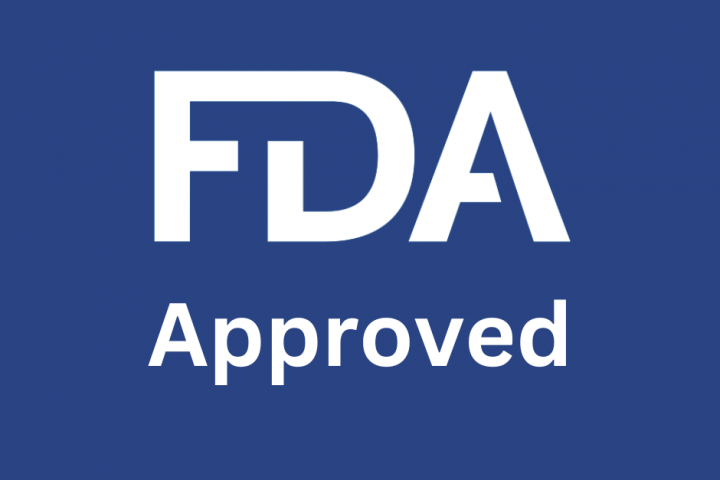By: Dr. Anish Shah
Bronx-Lebanon Hospital; Bronx, NY
On April 29, 2024, the U.S. Food and Drug Administration granted regular approval to tisotumab vedotin-tftv (Tivdak, Seagen Inc. [now a part of Pfizer Inc.]) for patients with recurrent or metastatic cervical cancer who have experienced disease progression on or after chemotherapy. Tisotumab vedotin-tftv had previously received accelerated approval for the same indication in September of 2021.
Study ID: NCT04697628
Approval was based on innovaTV 301, an open-label, active-controlled, multicenter, randomized study that included 502 patients with recurrent or metastatic cervical cancer. These patients had undergone one or two prior systemic regimens, including chemotherapy with or without bevacizumab and/or an anti-PD-(L)-1 agent. Exclusion criteria included patients with active ocular surface disease, any prior episode of cicatricial conjunctivitis or ocular Stevens-Johnson syndrome, Grade ≥2 peripheral neuropathy, or clinically significant bleeding issues or risks.
Patients were assigned randomly (in a 1:1 ratio) to either be administered tisotumab vedotin 2 mg/kg via intravenous infusion every three weeks or to receive chemotherapy of the investigator’s choice, comprising topotecan, vinorelbine, gemcitabine, irinotecan, or pemetrexed. The treatment was continued until disease progression or unacceptable toxicity.
The primary efficacy outcome measure was overall survival (OS). Additionally, progression-free survival (PFS) and confirmed objective response rate (ORR) were also assessed by the investigator using RECIST v1.1. In the tisotumab vedotin arm, the median OS was 11.5 months (95% CI: 9.8, 14.9) and the median PFS was 4.2 months (95% CI: 4.0, 4.4). The confirmed ORR was 17.8% (95% CI: 13.3, 23.1). In the chemotherapy arm, the median OS was 9.5 months (95% CI: 7.9, 10.7) and the median PFS was 2.9 months (95% CI: 2.6, 3.1). The confirmed ORR was 5.2% (95% CI: 2.8, 8.8). These results fulfill the post-marketing requirement of the previous accelerated approval.
Common adverse reactions (≥25%), including laboratory abnormalities, were decreased hemoglobin, peripheral neuropathy, conjunctival adverse reactions, increased aspartate aminotransferase, nausea, increased alanine aminotransferase, fatigue, decreased sodium, epistaxis, and constipation.





